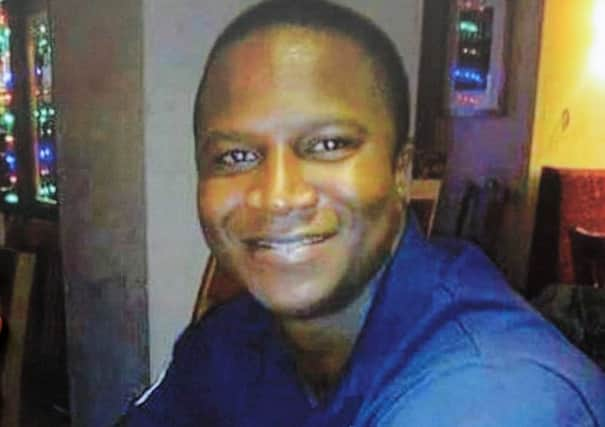Chris Marshall: Police watchdog credibility on the line


While Scotland’s eight legacy forces were overseen by ragtag police boards made up of supposedly uninterested local councillors, the new national force is scrutinised by the Scottish Police Authority (SPA), HM Inspectorate of Constabulary in Scotland and the Police Investigations and Review Commissioner (Pirc). Or at least so the refrain goes.
Yet these watchdogs have not exactly covered themselves in glory since Police Scotland was formed in 2013.
Advertisement
Hide AdAdvertisement
Hide AdEarlier this week it emerged that the SPA has not meet since the middle of June, despite high-profile controversies such as the deaths of John Yuill and Lamara Bell.
The couple died following a crash on the M9 in July. It subsequently emerged that Police Scotland had failed to properly log a call from a member of the public, eventually taking three days to find the stricken vehicle.
The incident is now being investigated by the Pirc, which also recently submitted an interim report to the Lord Advocate on the death in police custody of Kirkcaldy man Sheku Bayoh.
Given the importance of these two investigations, it is particularly worrying that a report earlier this week from the Office of the Police Ombudsman for Northern Ireland was heavily critical of Pirc for its investigation of allegations of misconduct made against senior officers within Strathclyde Police in 2012.
The ombudsman identified a series of failures in the way that Pirc handled the investigation. It said the watchdog had not interviewed some witnesses or followed particular lines of inquiry properly.
Following an investigation by Pirc of the officer’s allegations, a report was submitted to the SPA in October 2013. The SPA subsequently determined that the officer’s allegations were not upheld.
However, Pirc has now written to the officer concerned, upholding four of his six complaints. The nature of the allegations have not been made public.
All this adds credence to the view that Pirc is too close to Police Scotland to properly investigate it.
Advertisement
Hide AdAdvertisement
Hide AdIn the weeks and months that have followed the death of Mr Bayoh in May his family have repeatedly raised concerns about the impartiality of Pirc and whether it is up to the job.
The report from the ombudsman seems to suggest that some of those concerns may have some foundation.
The pressure is building, not only on Police Scotland, but the watchdogs set up to oversee it – their credibility is on the line.